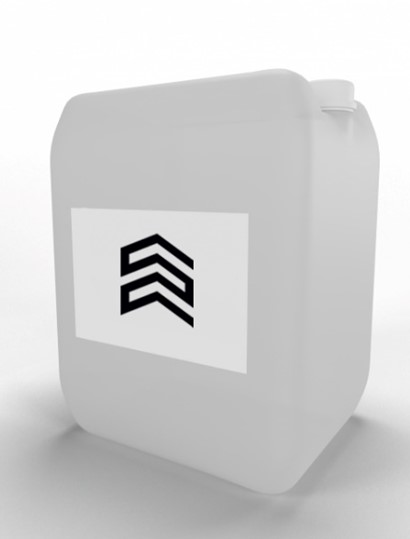The EC has named the size of the reduction in the price ceiling for Russian oil

The European Commission (EC) has proposed to the G7 countries to lower the price ceiling for Russian crude oil from $60 to $45 per barrel. This was announced by the HEAD of the EC, Ursula von der Leyen, reportsREUTERS .
The measure is expected to be included in the 18th package of anti-Russian sanctions currently being discussed by the EU . Moscow considers Western sanctions illegal.
According to von der Leyen, the possibility of banning transactions with Russia's Nord Stream and Nord Stream 2 gas pipelines, as well as banks that circumvent the restrictions, is being considered.
Overall, the measures in the 18th EU sanctions package will target the Russian military-industrial complex, the head of the European Commission said. They will also be aimed at reducing Moscow's energy revenues.
The G7 countries introduced a price cap on oil prices in December 2022. In February 2023, restrictions on petroleum products also came into effect: $100 per barrel for diesel fuel (since it is sold at a premium compared to crude oil) and $45 per barrel for fuel oil, which is sold at a discount. Companies from G7 countries are prohibited from providing transportation and insurance services for Russian oil and petroleum products if they are sold at a price higher than the limit.
Russia introduced retaliatory measures on February 1, 2023, and they have been extended several times. Exports of oil and oil products from Russia under contracts whose terms comply with the oil price ceiling set by the G7 were banned. On June 10, Russian President Vladimir Putin extended the ban until the end of 2025.
On May 20, the EU Council approved the 17th package of sanctions against Russia. They affected 75 individuals and legal entities, including the CEO of KAMAZ, the DIRECTOR of the Chersonesos Taurica Museum, Surgutneftegaz, and the VSK insurance company. After that, Estonian Foreign Minister Margus Tsahkna reported that the EU had already begun work on the 18th package of restrictions. The Financial Times sources said they were optimistic about the prospects of reaching an agreement between EU countries on a new package of sanctions by the end of July.
In response to the sanctions threats, the Kremlin said that it was impossible to talk to Moscow in the "language of ultimatums." Putin called the lifting of sanctions one of the conditions for a peaceful settlement of the Ukrainian conflict.
ReadPIONERPRODUKT .by inTELEGRAM .
Read together with it:
- The IEA sees a risk of a decline in oil production in Russia due to sanctions.The IEA sees a risk of reduced oil production in RUSSIA due to US sanctions , but maintains its production forecast. According to the IEA, Russian oil exports will remain unchanged.There is a "significant downside risk" to Russia's oil production forecast due to US sanctions, the International Energy Agency (IEA) said in a report.BLOOMBERG . The agency's experts believe that the latest US sanction...
- UniCredit заявил о галактических усилиях из-за санкций против РоссииUniCredit старается не нарушить «более 15 тыс. санкций», а также не «совершать ошибки», которые позволят изъять его активы в России, заявил гендиректор. После начала военной операции банк начал рассматривать возможность ухода Итальянский банк UniCredit прилагает «галактические усилия», пытаясь соблюсти международные санкции в отношении своего российского подразделения. Об этом заявил генеральный д...




























































